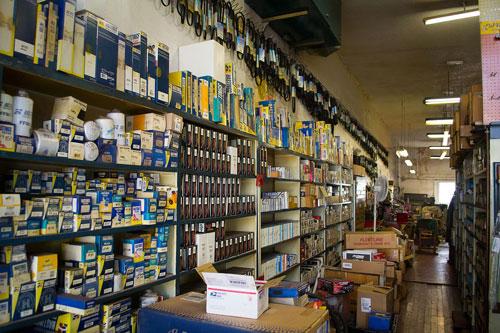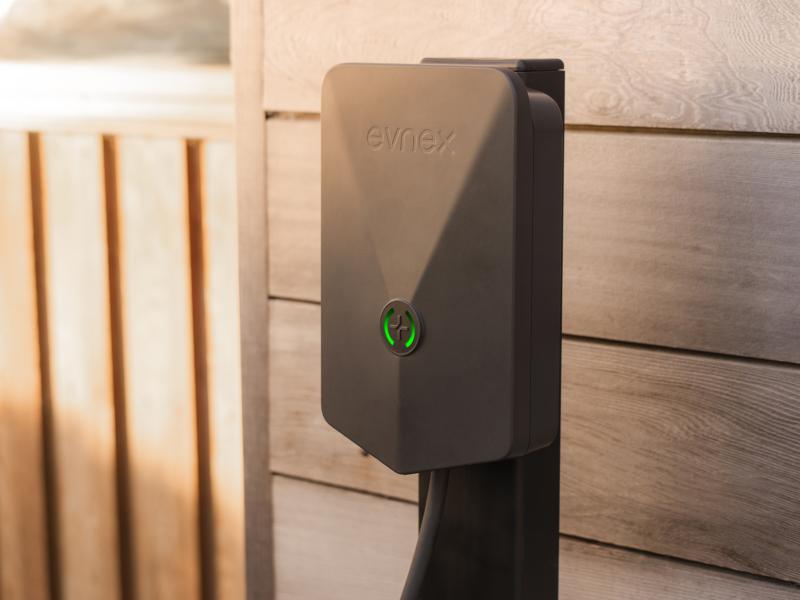No matter how well-stacked a vehicle may be when it leaves the factory, not many have everything you need to do the job you have in hand.
However, to ensure you can get most of what you need, there is an almost unlimited stock of parts and accessories designed to fit your vehicle, for your application.
But which do you choose? Should you stick only to “genuine” parts when it comes to replacing broken bits on your vehicle? Or should you go out on a limb and take pot-luck on the lowest prices you can find on the Internet?
From my personal viewpoint, although I’ve bought computer bits on the web, these are not life-and-limb items, and the biggest risk is that they’re just not going to work – or not work as they are supposed to.
However, when it comes to auto parts, I like to feel that someone, somewhere, is going to be taking responsibility for what I’m getting, and that the produce has been tried and tested to ensure it’s not going to, at best, leave me stranded, and at worst, leave me dead!
So does that mean I’ll never buy off the Internet, for example? Not necessarily. If I’m getting parts from a well-known supplier, or via a local company specialising in Internet selling, then at least one can expect a degree of comeback if it doesn’t fit properly, or doesn’t work as it should.
It all depends on what it is, too. I wouldn’t buy brake pads – why would you shop around for a low price on these life or limb items when you can be assured of the right quality by just walking into a store or dealership and getting them off the shelf?
But I might buy seat covers, or fog lights, or replacement head or tail lights. Sometimes real savings can be made here, especially if your vehicle is getting on a bit.
What about the “genuine” parts sold by vehicle distributors, usually through their franchise dealers? Are these the best you can get, or is it possible to get similar quality elsewhere?
This depends on what the part is, and if you’re a gambler.
When you buy “genuine”, you are guaranteed the part will be exactly right, that it will fit first time, and that if it doesn’t, it will be replaced with one that does.
However, that doesn’t mean everything out there that’s not “genuine” is no good. Vehicle manufacturers don’t make all their own parts, and they “buy-in” some parts – such as air filters, or brake pads, or wheels – from parts manufacturers around the world. Then when these parts manufacturers have finished a particular run for the vehicle maker, they will continue production and market the parts under their own label.
And that’s where the gambling comes in, because for every genuine part – whether made or marketed by the distributor or not – there are often dozens of “knock-offs” being churned out by a factory in the Far East.
They may be of similar quality to the genuine items, or they may not. We’ve heard horror stories of life-and-limb items which just weren’t made with the right steel, or not properly finished, or which just didn’t fit so they needed modification before they could be installed – and that’s always dodgy, as well as taking a lot longer.
Another important facet is that a manufacturer of, say, towbars, will supply them to the distributor or OEM for use on a particular vehicle, and at the same time make them available under their own branding. Shop around for the best price.
The key word here is “reputable”. If you stick with reputable suppliers, people who have been around a long time and have a reputation to protect, chances are you will be OK..
There’s also a local body you can look to for advice – the Automotive Parts & Accessories Association.
This was formed in 1987 and it evolved from the Automotive & Cycle Wholesalers Association (ACWA), which dated back to 1920. The APAA membership represents all sectors of the automotive parts and accessories industry - distributors, importers, manufacturers, and retailers.
It holds regular meetings and conferences to provide members with good networking opportunities, andAutotec, the APAA trade show, is held every two years.
The primary functions of the APAA are:
* To research and disseminate industry information.
* To represent the industry before legislative bodies and government agencies.
* Help develop standards and codes of practice .
* Promote the P&A industry to the domestic and international markets.
* To ensure awareness of key industry issues.
There are 42 member companies listed on the AAPA website, http://www.apaa.co.nz.
The bottom line of all this, is shop carefully. Remember, cheap and nasty means just that!
Can you afford to gamble?
General
Wednesday, 05 June 2013
File Download:






